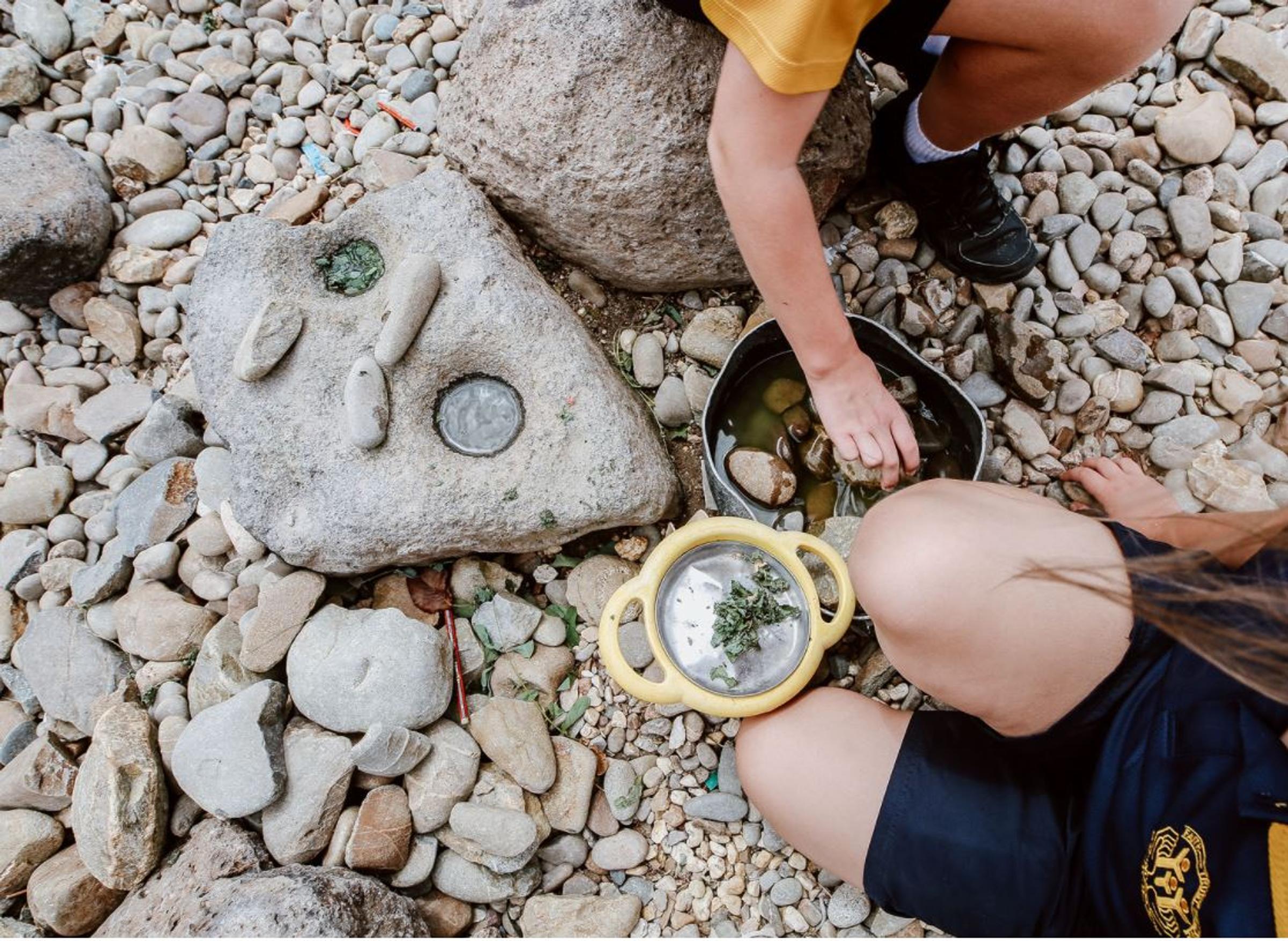Wellbeing Resources

School Refusal
We can all feel unmotivated and not want to go to work at times, especially as the weather gets colder and darker in the winter months. Children experience these same feelings which are all completely normal. Sometimes though, the reluctance to go to school can cause severe distress and increase non attendance.
Students might appear to be feeling ill or unhappy the morning before school with a desire to stay home. They might have an emotional reaction at the idea of leaving for school in the morning.
There are often several factors that can contribute toward the development of school refusal behaviours including individual, family, school and the community. A child may be experiencing anxiety, their parents may be separating, they may be transitioning to a new school, or from primary to secondary school soon or experiencing challenges with peers such as bullying or friendship issues. There can be a range of underlying factors that result in severe distress associated with school. Often, despite their best efforts, family and friends are unable to get a young person to attend school.
EFFECTS OF SCHOOL REFUSAL
School refusal can negatively impact a students’ learning and development. It can also affect friendships due to missed opportunities to connect with friends and other students. The longer the issue persists, the more difficult it can be for your child to get back into the routine of going to school, so it’s important to respond early.
SIGNS TO LOOK OUT FOR
School refusal can manifest in many ways. Things to look out for might be:
- distress and anxiety about going to school
- tearfulness before school, sometimes resulting in conflict with family members
- frequent complaints of physical illness before or during school including headaches, tiredness, stomach upsets or diarrhoea
- poor teacher/student relationships
- refusal to get out of bed, leave the house or get out of the car to go to school
- difficulty in returning to school after disruptions to normal school routines such as holidays, school sporting events or school camps
- frequent absences from class including being late or periods of time spent in the sick bay.
The good news is that with some strategies and the right support, things can get better for your young person. Early action can help prevent behaviours from becoming longer-term habits. Modelling effective communication and problem solving at home can encourage your child to do the same.
You can support your child by:
- finding a time when you both seem calm, then ask your young person about their concerns and worries about school. These issues can start to be addressed if they are known. Sometimes it can help to ask direct questions:
- are you being bullied?
- are you struggling with the school work?
- are you having issues with the teachers?
- is something else bothering you?
- exploring different ways your young person can try to manage their worries. Focus on their strengths and ways to positively engage in day-to-day activities
- learning relaxation techniques together, such as breathing exercises, or meditation, to help reduce feelings of stress and anxiety
- creating a plan together that explores ways to manage the beginning of the school day, school term, school year, social situations or school work, depending on what is troubling your young person
- speaking to the school and developing a collaborative plan. A clear and well understood plan between a young person, parents or carers and the school can be a useful tool in addressing school refusal
- considering if your young person may benefit from professional support to assist them with strategies and to better understand the underlying reasons for their school refusal.
Caring for someone who is experiencing school refusal can leave you feeling stressed, worried and anxious yourself. It is important to look after yourself during these times. Reach out for support and take time for you. By doing so, you are also modelling good self-care for your child.
If you need a chat or some ideas of what to do with the kids, please reach out…I am only too happy to make time for you.
If there is a particular topic of interest that you would like to know about or if you have any questions please feel free to email me at mmakin@smechuca.catholic.edu.au
Take care and stay safe
Michelle
School Social Worker
